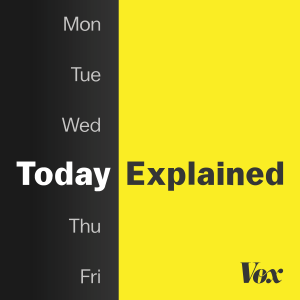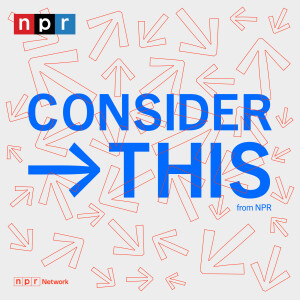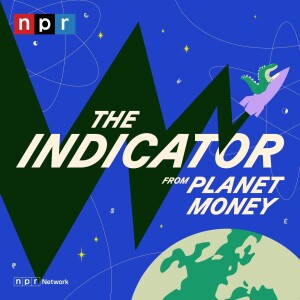

This episode contains strong language.
Both presidential candidates had clear goals for their first debate on Tuesday.
For Joseph R. Biden Jr., the contest was an opportunity to consolidate his lead in polls before Election Day. Voters appear to be leaning toward the former vice president, and the stage offered him a chance to allay concerns about his age and to communicate what he would try to achieve in office.
President Trump’s task was, politically, a taller order — to change the course of a race that he seems to be losing. His tactics for doing that emerged quickly: interrupt and destabilize.
Mr. Trump failed to condemn white supremacist groups, attacked Mr. Biden’s family and accused his rival of being a captive to the Democratic left. The former vice president worked to resist his opponent’s bare-knuckle style, and at times hit back.
The result was a chaotic 90-minute back-and-forth, an often ugly melee in which the two major party nominees expressed levels of acrid contempt for each other.
For many, that left the debate bereft of any serious exchange of ideas or obvious reasons for voters to change their views of either man.
We speak to our correspondent Alexander Burns about the mood and themes of the debate and whether any of it moved the dial for the election.
Guest: Alexander Burns, a national political correspondent for The New York Times.
For more information on today’s episode, visit nytimes.com/thedaily
Background reading:
With cross talk, lies and mockery, President Trump made little attempt to reassure swing voters about his leadership. Mr. Biden hit back: “This is so unpresidential.”In his second time moderating a presidential debate, Chris Wallace of Fox News struggled to rein in the president’s behavior.Here are six takeaways from the debate.More Episodes
All Episodes>>Create Your Podcast In Minutes
- Full-featured podcast site
- Unlimited storage and bandwidth
- Comprehensive podcast stats
- Distribute to Apple Podcasts, Spotify, and more
- Make money with your podcast











